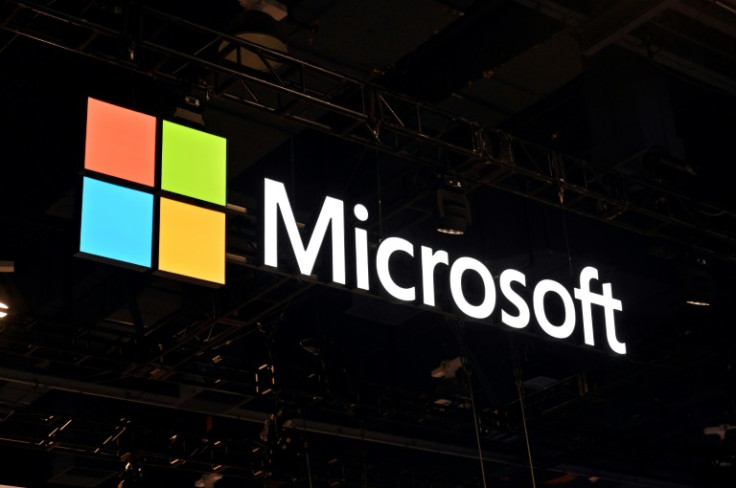Microsoft Reveals Extensive Hack by Russian State-Backed Hackers
In a shocking disclosure on Friday, Microsoft revealed that Russian state-backed hackers had gained access to some of the company's core software systems, indicating a more severe intrusion than previously known. The breach, first disclosed in January, has escalated concerns over cybersecurity vulnerabilities within one of the world's largest tech firms.

According to a filing with the U.S. Securities and Exchange Commission, Microsoft disclosed that hackers had utilized information stolen from the company's corporate email systems to access "some of the company's source code repositories and internal systems." This revelation demonstrates the grave threat posed by cyber espionage, as source code contains the fundamental elements of software functionality, coveted by both corporations and malicious actors seeking to exploit vulnerabilities.
The scope and precise motives behind the hacking activity remain unclear, but experts suggest the group responsible has a history of conducting wide-ranging intelligence gathering campaigns in support of the Kremlin. This assertion aligns with previous incidents, including the infamous breach of U.S. agency email systems in 2020, where the same hacking group leveraged software from U.S. contractor SolarWinds to infiltrate government departments, including Homeland Security and Justice.
Attributed by U.S. officials to Russia's foreign intelligence service, the hacking group's activities have persisted despite denials of involvement by the Russian government. In the aftermath of the 2020 breach, the hackers continued to target prominent tech firms as part of their espionage efforts, according to U.S. officials and cybersecurity experts.
Microsoft emphasized that while the hacking group, known as Midnight Blizzard or Nobelium, attempted to breach its systems using stolen information, there is currently no evidence of compromise to Microsoft-hosted customer-facing systems. However, the company acknowledged the heightened aggression of the hackers, particularly through increased use of "password sprays," a tactic where attackers attempt to break into multiple accounts using the same password.
The revelation sent shockwaves through the tech industry, prompting concerns over the broader implications for cybersecurity and corporate espionage. Microsoft's efforts to mitigate the impact of the breach include collaborating with affected customers to implement appropriate security measures and prevent further unauthorized access.
Despite the gravity of the situation, the Russian embassy in Washington has yet to respond to inquiries regarding Microsoft's statements on the Midnight Blizzard attack. The lack of acknowledgment shows the diplomatic complexities surrounding cybersecurity incidents and the challenges of addressing state-sponsored cyber threats.
As the investigation into the breach continues, Microsoft remains vigilant in safeguarding its systems and assisting affected parties in fortifying their defenses against future cyber attacks. The incident serves as a stark reminder of the persistent and evolving nature of cyber threats, necessitating collective efforts to enhance cybersecurity resilience and mitigate the risks posed by malicious actors.
© Copyright IBTimes 2024. All rights reserved.






















